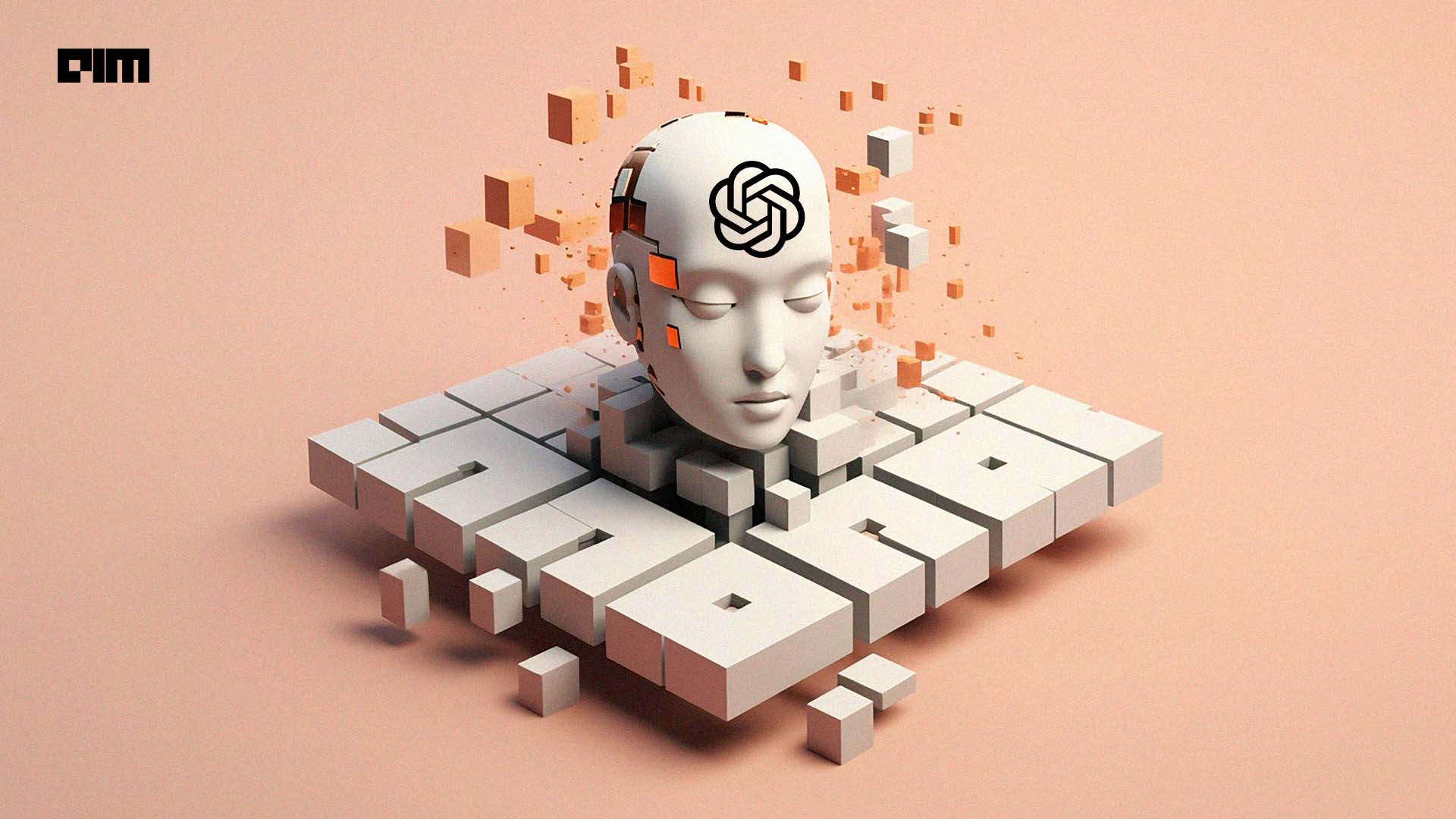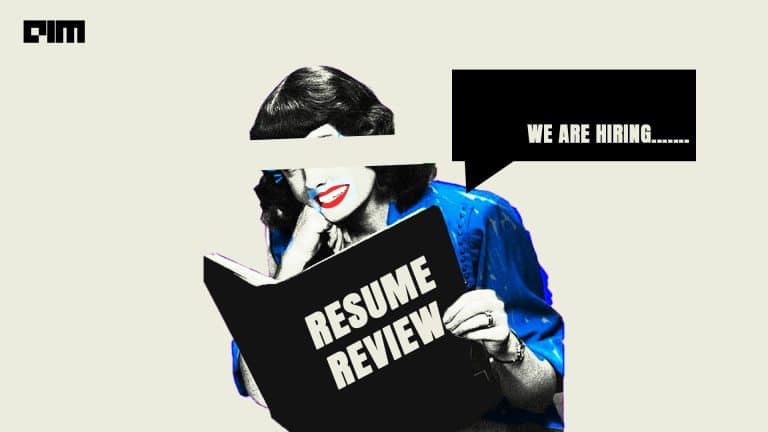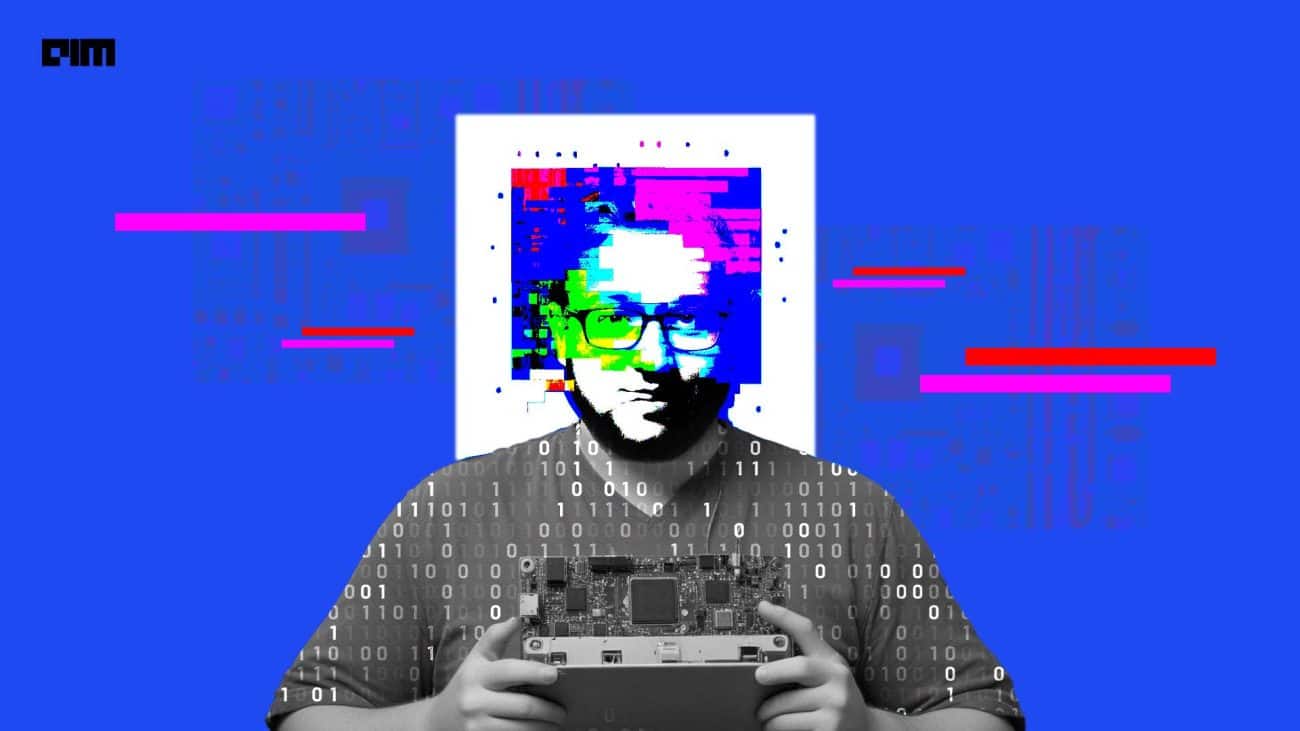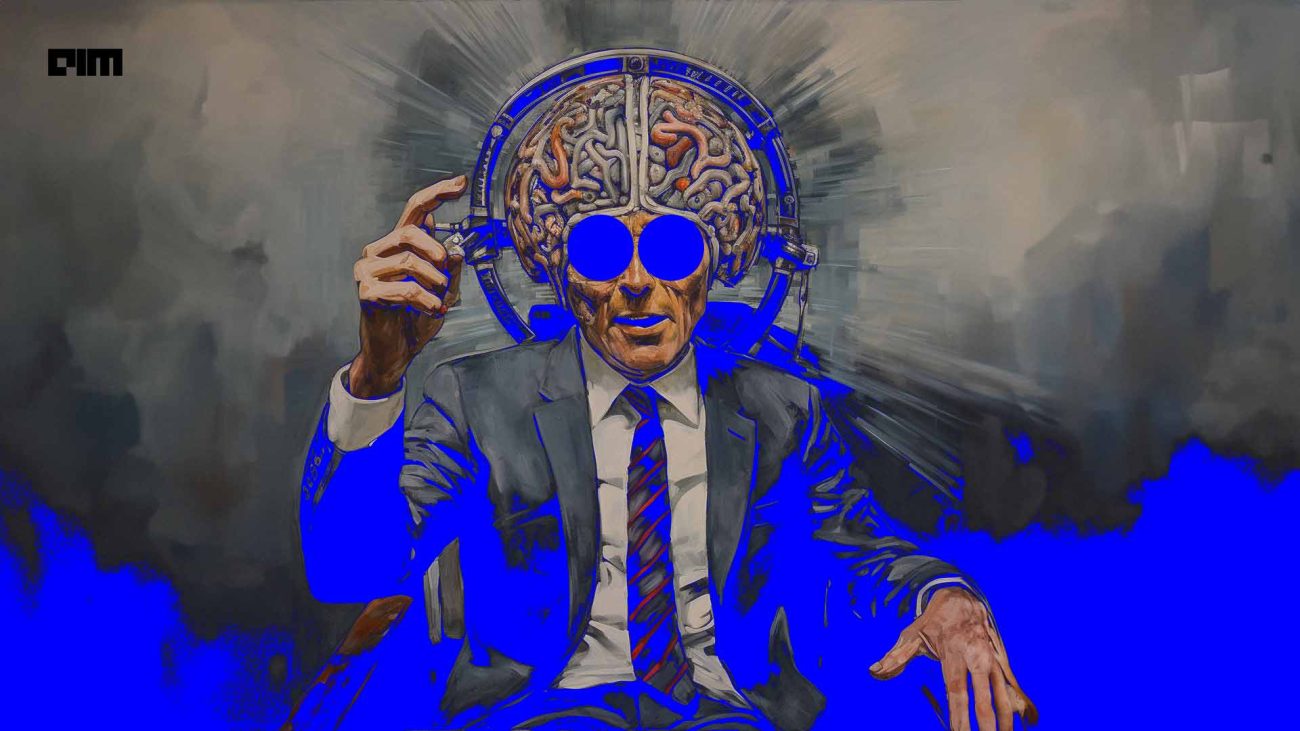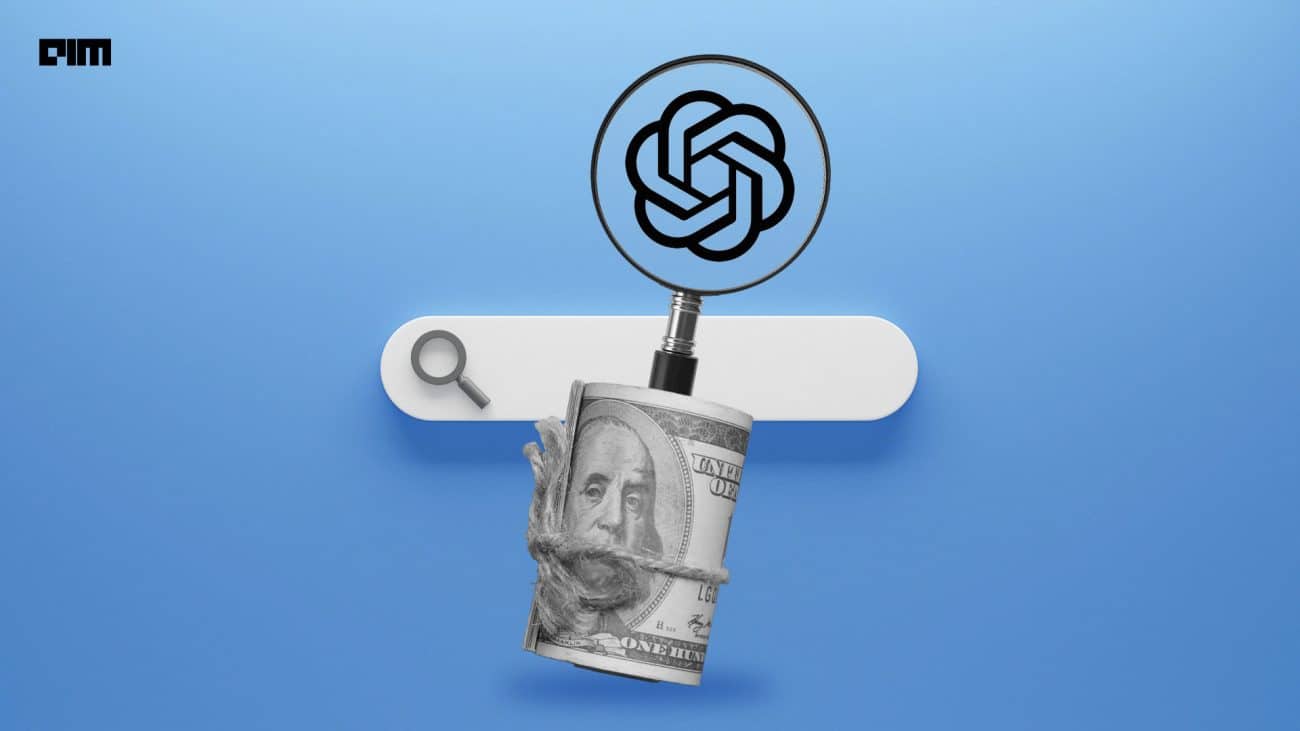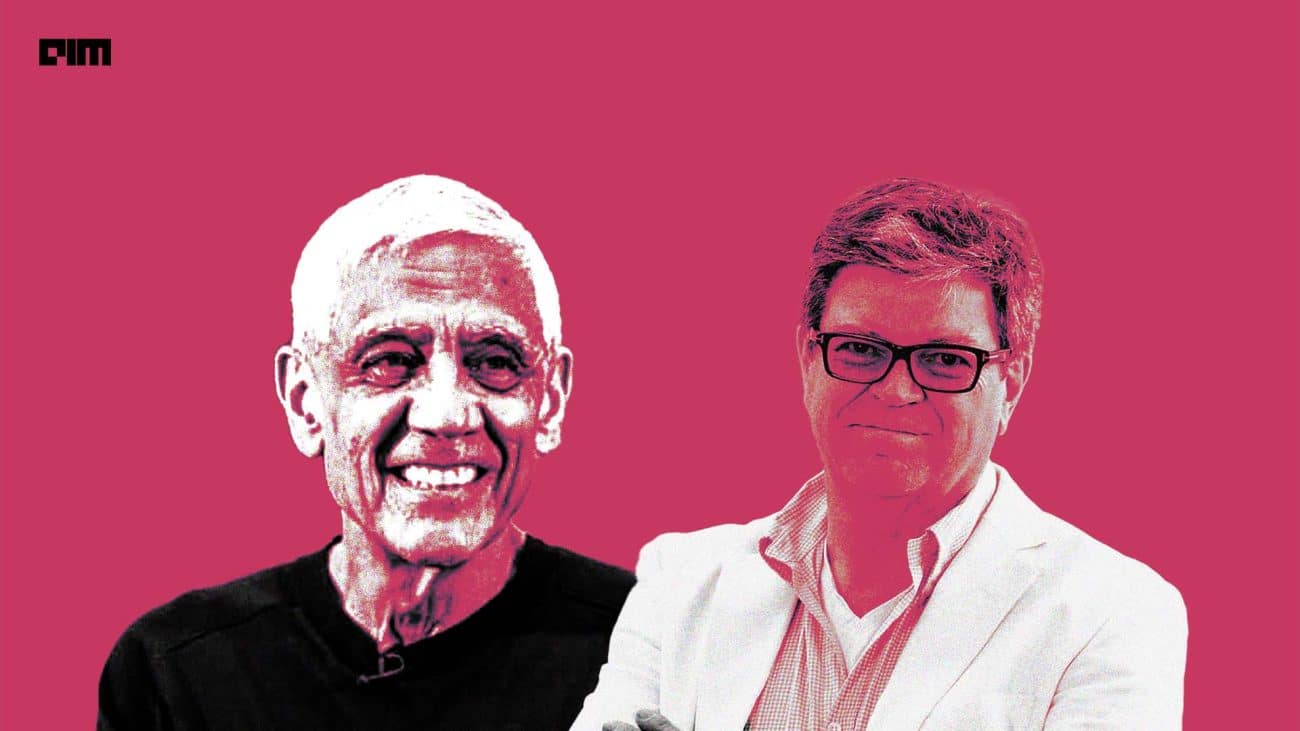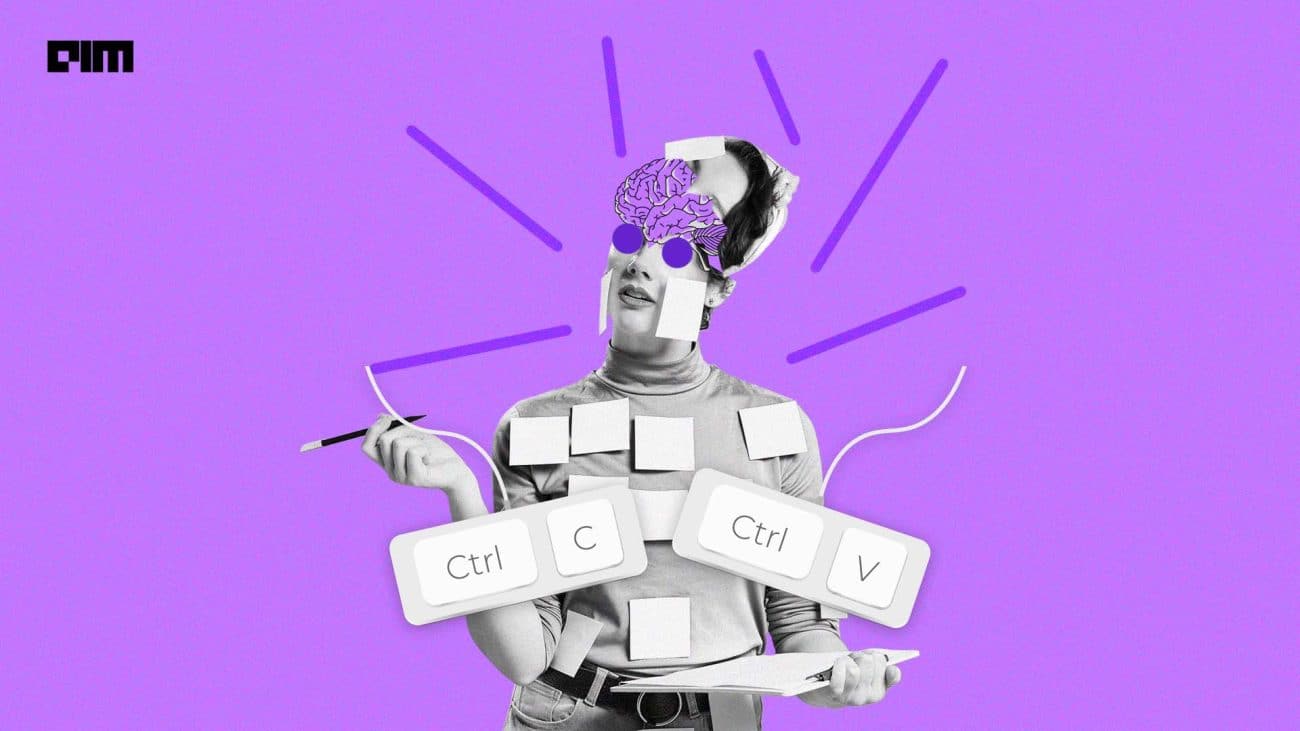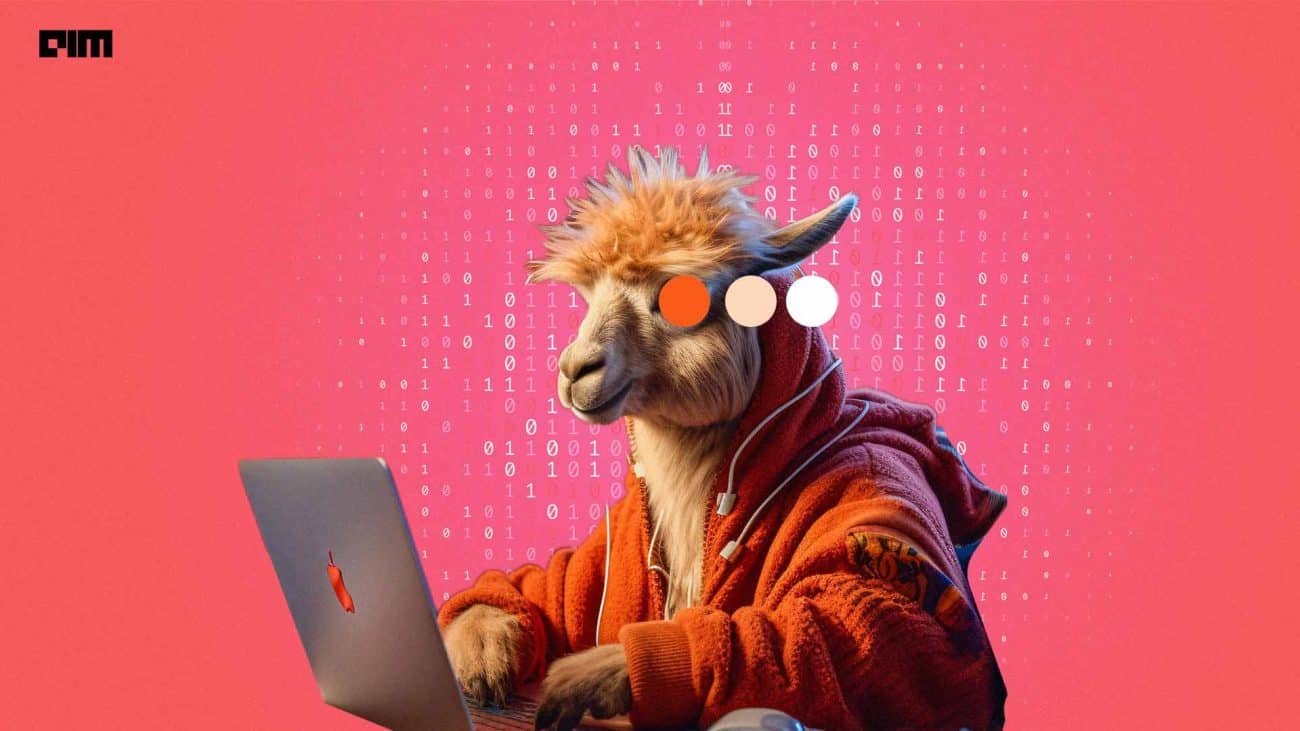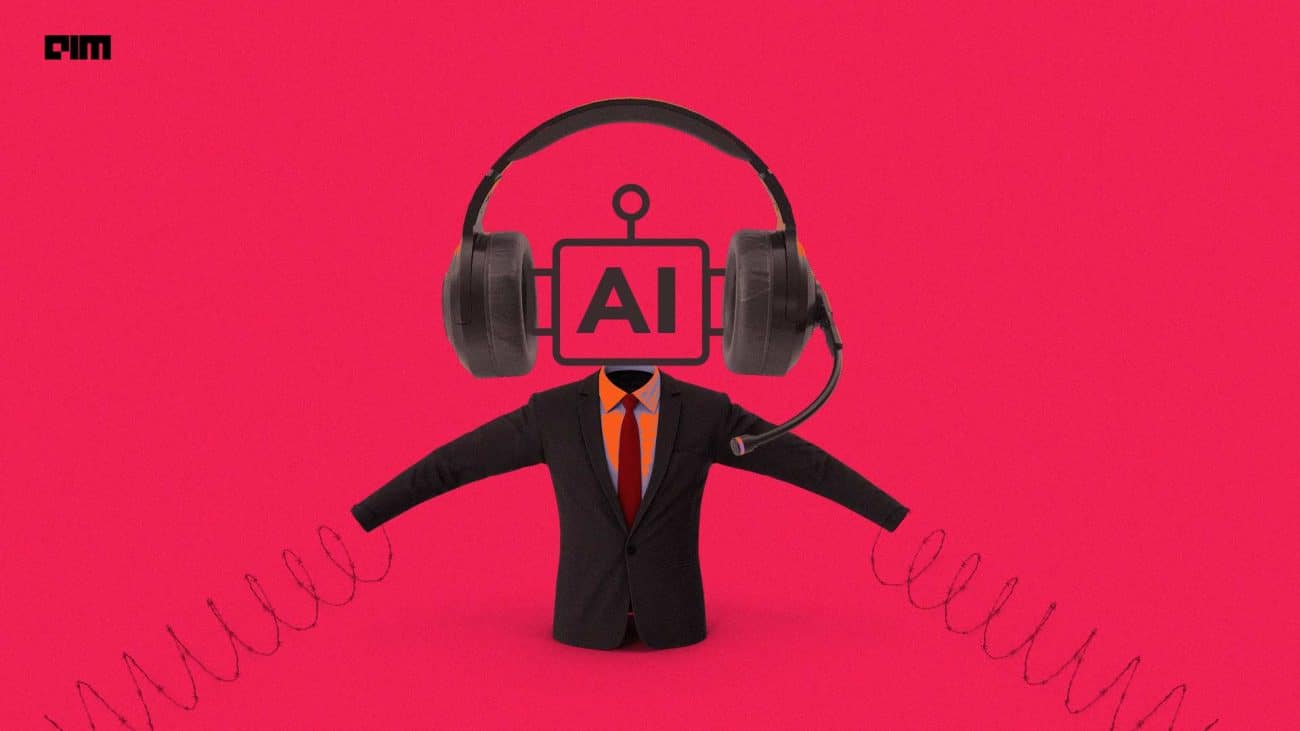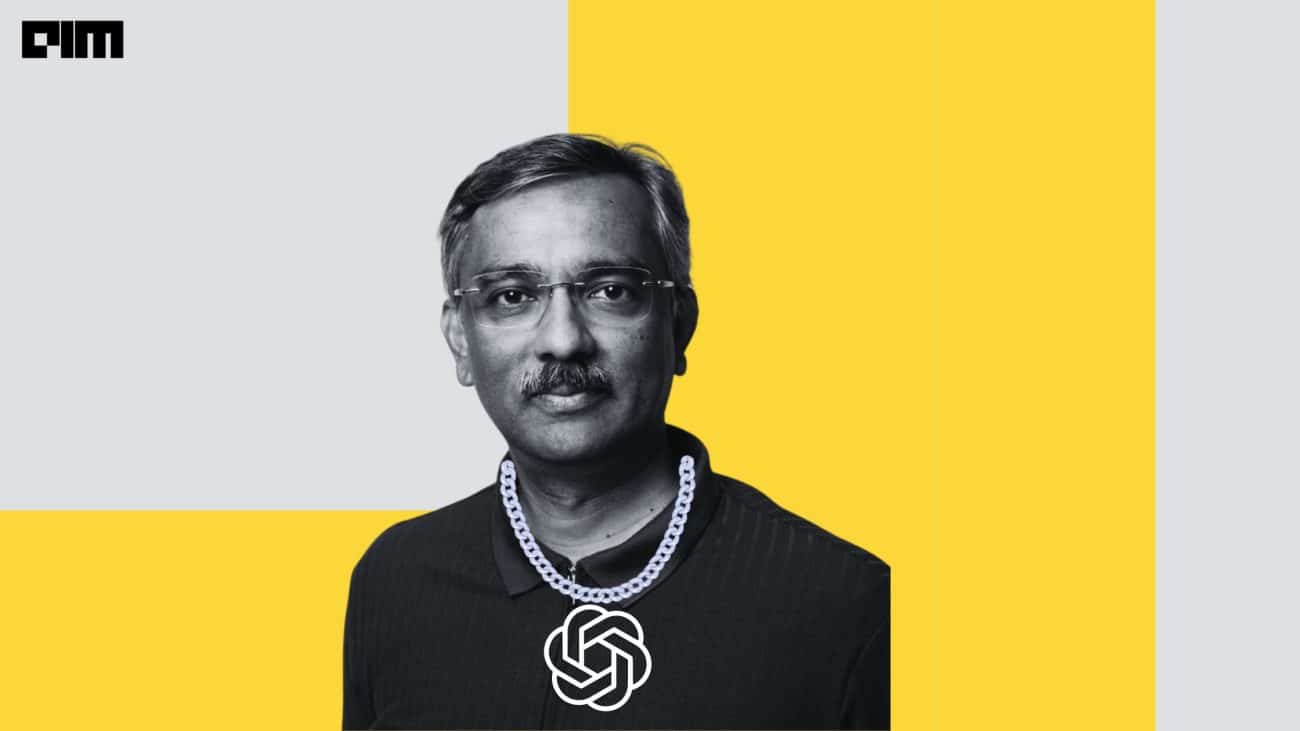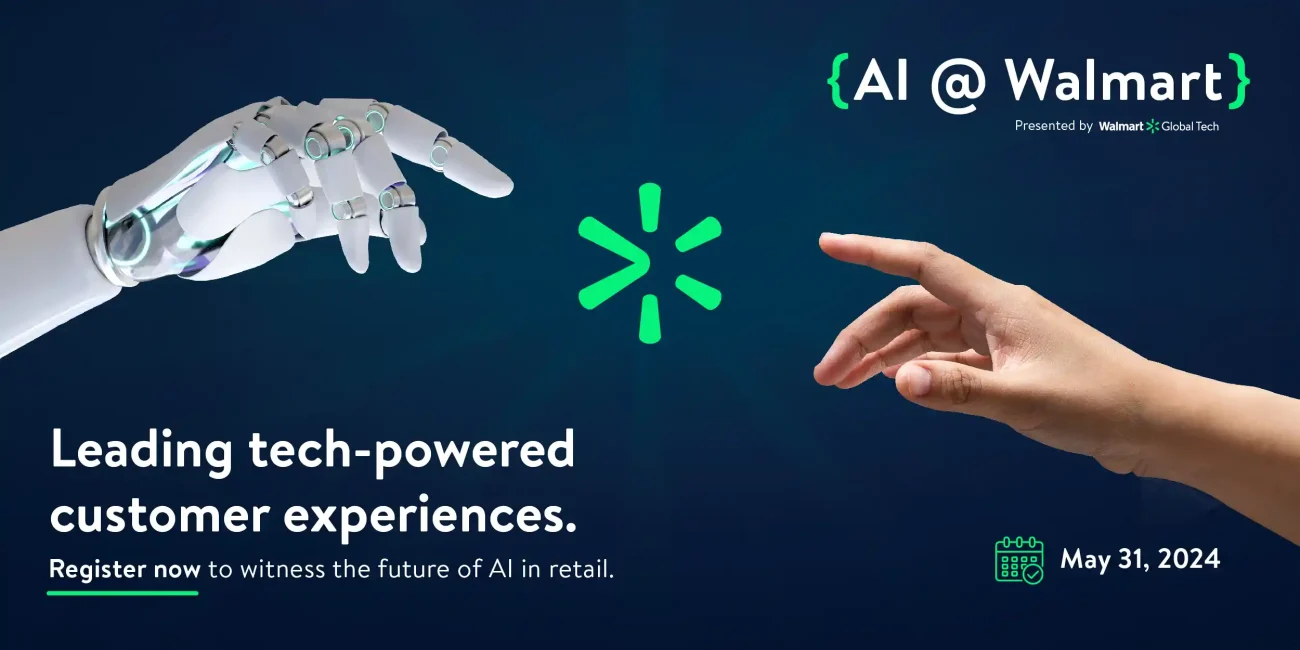OpenAI has been infamous for its closed door practices but the hottest AI startup appears to be making baby steps to contribute to the open-source community. At the inaugural DevDay, the company announced two open-source updates, which was highly unlikely given how heavily it has been trolled in the recent past year for not openly sharing any of its tech.
The company’s head of developer experience, Romain Huet took the stage at the event to announce ‘large-v3’, the new version of its automatic speech recognition model Whisper. OpenAI also has plans to release an API for the upgraded version in “near future”.
Huet also announced the open sourcing of the Consistency Decoder which is a replacement for the Stable Diffusion VAE decoder. It sounds like a really major improvement for Stable Diffusion (if it does what they say it can!). The company’s official blog mentioned that the decoder works with “1.0+” which ideally should mean “all” but that is not the case. It is only supported by versions v1 and v2, not SDXL.
Though the model was released less than 24 hours ago, developers have already started playing around with it and some are not satisfied with the results. “Faces are far worse than with the vae-ft-mse-840000-ema-pruned in all the tests I made. And it takes something like 20 seconds to decode the latent image when usually it just takes 1 second,” wrote an early user on Reddit.
What’s In A Name?
The creator of ChatGPT was founded as a non-profit but turned towards a more secretive ‘capped for profit’ direction. When GPT-4 was revealed along with a 98-paged document that said nothing about the model, the stunt by OpenAI was grumbled upon by several AI insiders including Elon Musk who has initially invested $100 million dollars in the company and has never missed a chance to mention that.
The irony of the name came up several times on the internet and many even suggested that the company should consider changing its name to “Closed AI”. In an interview with The Verge, OpenAI’s chief scientist and cofounder, Ilya Sutskever made clear the reason for the company’s shift in focus from open-source.
But he also acknowledged that “the safety side is not yet as salient a reason as the competitive side,” noting that “it’s competitive out there” and “there are many, many companies who want to do the same thing.”
While the company has not shared much of its latest slew of products, it has previously open-sourced half a dozen AI models — Evals, Spinning Up, CLIP, Jukebox and Point-E.
Open-Sourcing the Future
The optional sharing of technology by the tech companies has been a long debated topic. Open core has gained momentum since large language models have made a name for themselves in the AI research community. Tech giant Meta has also been advocating for the free and open source software by releasing Llama-2 which has a separate fanbase.
Even investors are heavily betting on open-source today as opposed to what they were doing a year ago. Majority of the technology from your iPhones to Firefox browser has some or the other open sourced material at the heart of it. The open-source culture has long transferred the tech industry but at an enterprise level it remains in a state of flux due to the lack of safety in its nature.
For OpenAI case in point, the closed approach is working out well for the startup since the company is being darted with lawsuits left, right, and centre for copyright infringements. A point that Sutskever missed was that by releasing the inner workings of its models the company will have to pay thousands of artists and creators for using their work to build its AI models. It looks like OpenAI has been contributing to the community as per its convenience, ignorant to its ethos.


